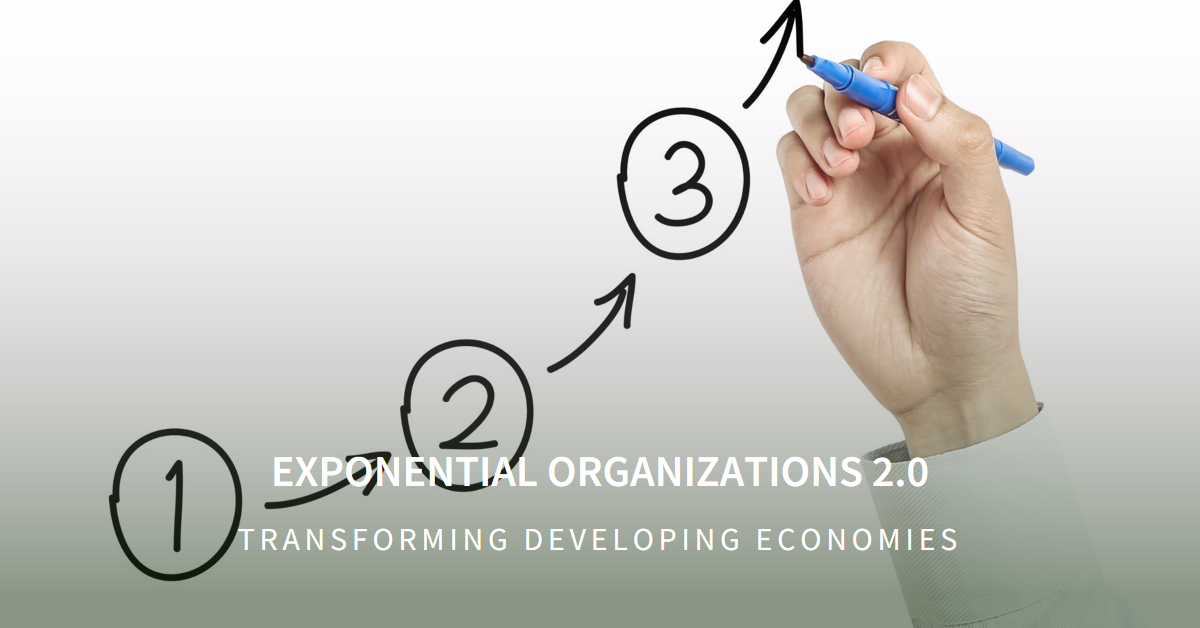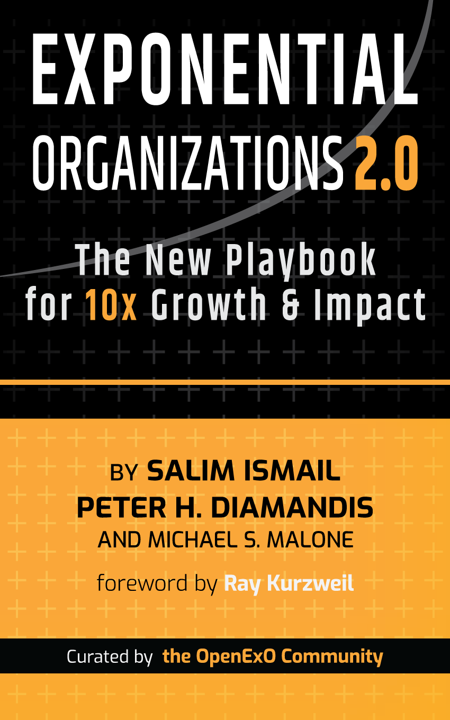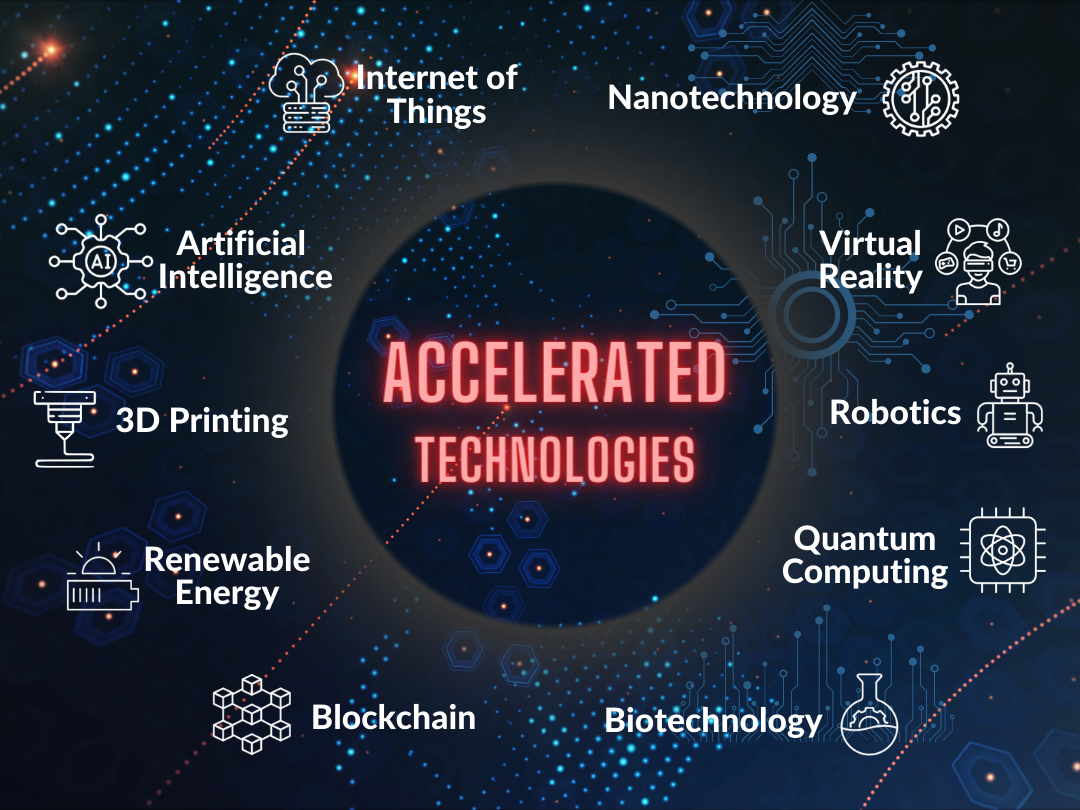How AI is Revolutionizing Business Innovation
August 22, 2023
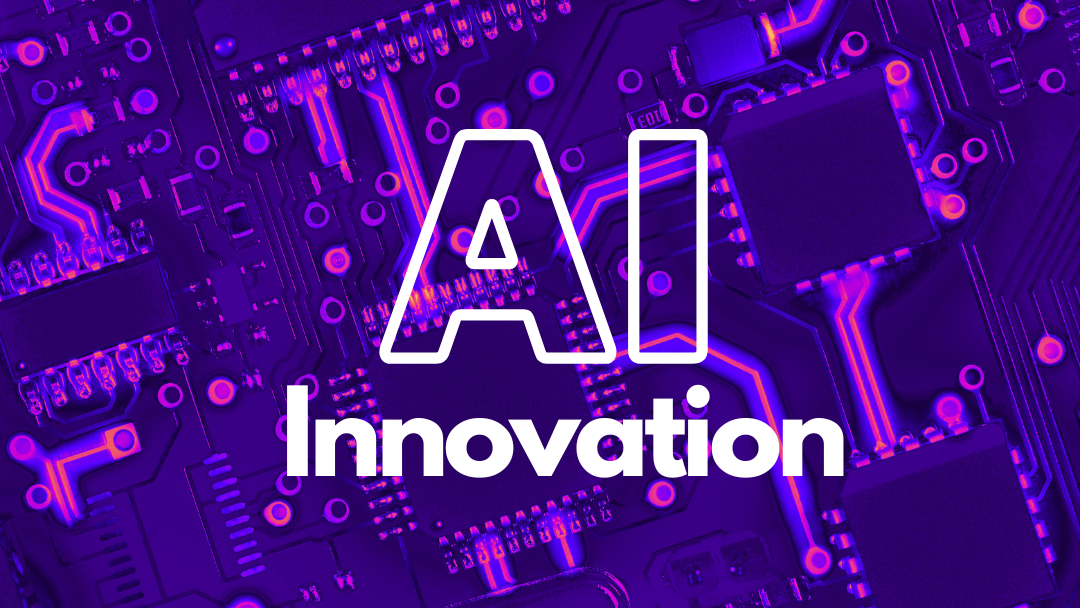
This article delves into why AI matters for CEOs, how it amplifies human ingenuity, builds transformational experiences, and enables innovation while maintaining responsibility and trust. Let’s explore how AI can be the game-changer that CEOs need to navigate the challenges and opportunities of the modern business environment.
In the dynamic landscape of today’s business world, staying competitive and driving growth requires more than just conventional strategies. For Chief Executive Officers (CEOs) of mid-size businesses, embracing innovation, enhancing operational efficiency, and future-proofing their companies are top priorities.
Why AI Matters
In business, AI is no longer a futuristic concept; it’s a transformative force reshaping industries across the board. CEOs need to recognize that AI is not confined to specific sectors; it affects every industry, influencing how customers derive value and interact with products and services.
In just a few months, generative AI has skyrocketed. From a chatbot, it’s morphed into a game-changer, hacking cognition, and creativity costs. It’s no longer exclusive to experts; anyone who can prompt it wields its might. It’s not just tech evolution; it’s a paradigm shift. Think innovation, efficiency, and creativity unbound.
This transformation is evident in companies embracing AI at their core, leading the way in the adoption of AI technology, redefining their markets, and driving substantial growth.
Amplifying Human Ingenuity
AI is not about replacing human capabilities; it’s about amplifying them. By harnessing the power of AI, businesses can empower their employees to be more creative, productive, and efficient. Employees and managers who are willing to embrace AI as a collaborative partner rather than a replacement can leverage its capabilities to streamline processes, automate routine tasks, and gain deeper insights from data. This collaboration between humans and AI results in innovative solutions that drive operational excellence and customer satisfaction.
For CEOs seeking to enhance human ingenuity, it’s vital to grasp and prepare for workforce productivity challenges. Embracing these challenges is key to transformative leadership.
Building Transformational Experiences
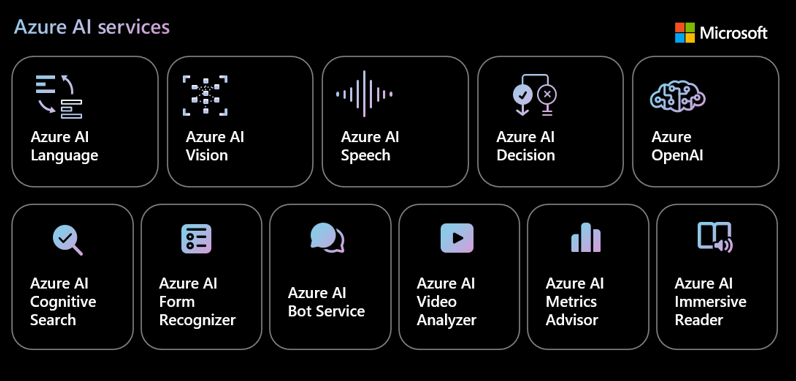
Innovation often stems from solving challenges and seizing opportunities that traditional methods can’t address. AI enables businesses to build unique, AI-powered solutions tailored to their specific needs.
Microsoft’s Copilot stack, powered by AI, is an excellent early example of this new transformational experience. It enhances coding efficiency and boosts creativity by suggesting code improvements. Furthermore, the Azure AI portfolio provides tools and resources that allow businesses to unlock valuable insights from their data, driving informed decision-making.
Innovating Confidently and Responsibly
As we integrate AI into our company culture, we are redefining the way we work and interact. Having an AI assistant means we can streamline routine tasks, allowing our teams to focus on creativity and innovation. It’s a shift towards a culture of further empowerment, where humans and AI collaboratively contribute their strengths. A culture committed to ethical and responsible AI usage, ensuring that AI augments our capabilities while upholding our values.
For CEOs, success with AI is rooted in trust. Trust is not only about the technology’s functionality but also about ensuring the security and privacy of data. To foster trust, a strong foundation of security and privacy is essential. Responsible AI practices are paramount; businesses must commit to a responsible AI journey by adhering to ethical guidelines and transparent practices, CEOs can confidently embrace AI’s potential while upholding their company’s values and reputation.
Building a culture that values efficiency, innovation, and ethical AI stewardship will be essential.
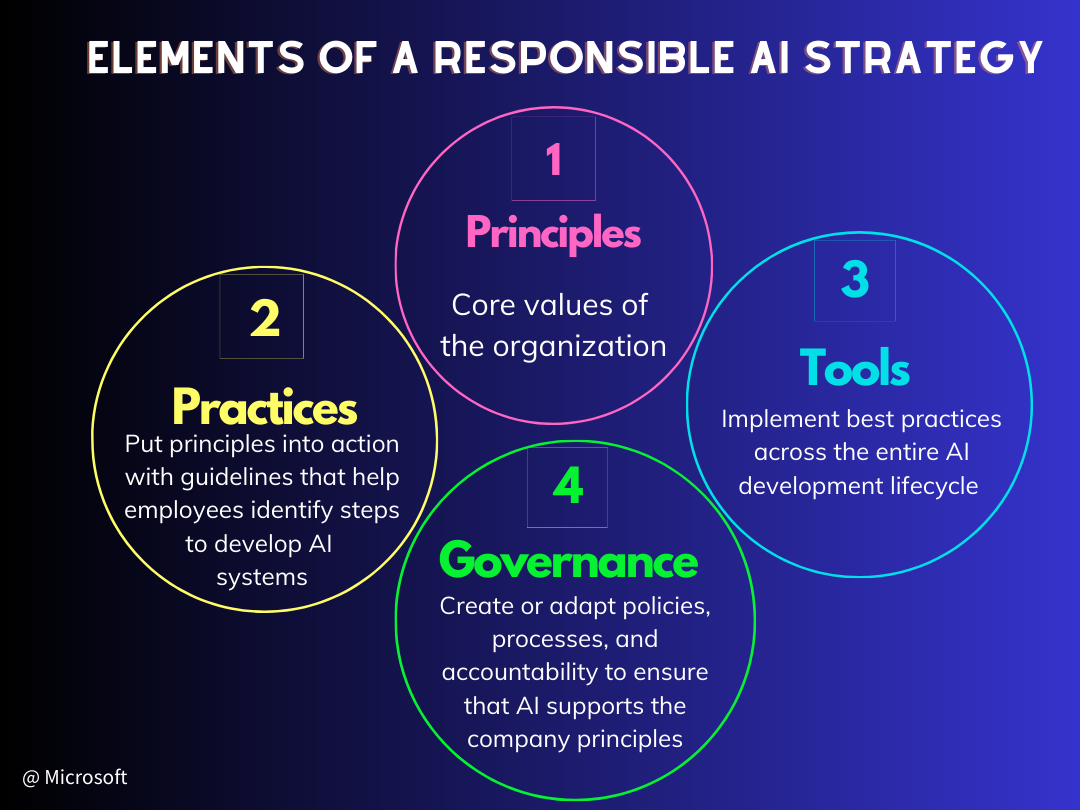
Conclusion
In the face of unprecedented disruption and constant change, CEOs of mid-size businesses must harness the potential of AI to drive growth, enhance operational efficiency, and foster innovation. AI is not just a tool; it’s a transformational force that amplifies human ingenuity, empowers collaboration between humans and technology, and creates once unimaginable. It is an opportunity to redefine the strategy and culture in your organization.
As the business landscape evolves, the responsible adoption of AI will be the cornerstone of success, allowing CEOs to navigate challenges while steering their companies toward a future of sustainable growth and innovation.
Embracing AI is not just an option; it’s a strategic imperative for CEOs who aim to thrive in the era of digital transformation.
